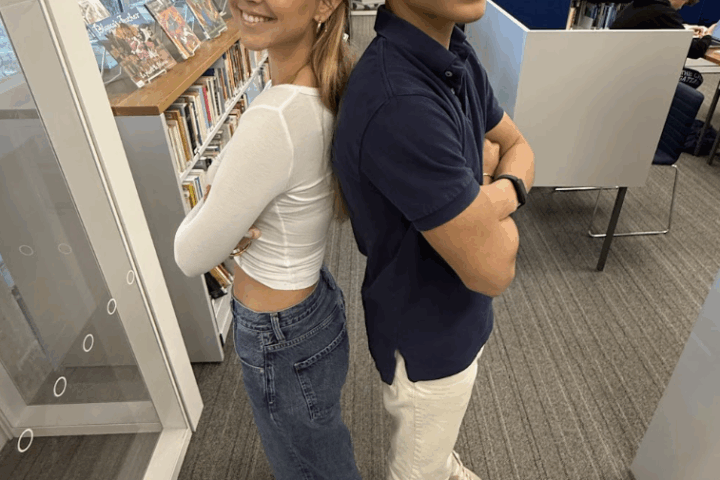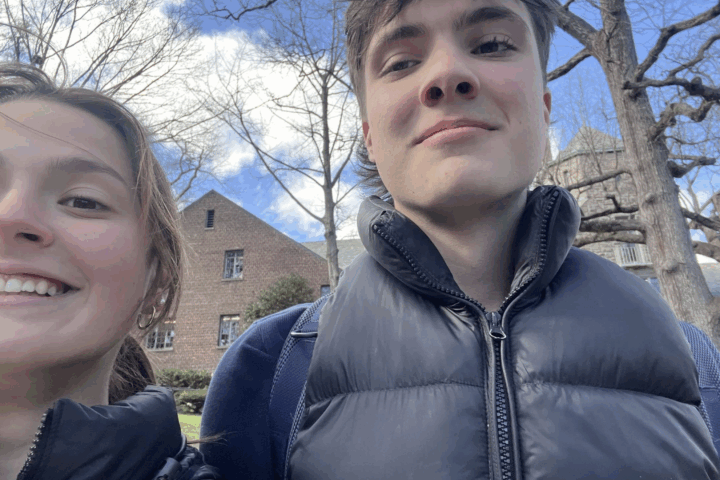In public health, epidemiologists play the role of medical investigators in pursuit of an answer against disease threats. Seasoned epidemiologist Deborah Fromer shares her vast experience in this field. From her early days as a medical technologist to a public health reproductive epidemiologist to a current medical school professor, Fromer embodies the depth and breadth of what careers in epidemiology may entail. She shares the wisdom she has culled throughout her career to guide and inspire the next generation of epidemiologists.
Fromer started as a medical technologist in a hospital lab. Here, she developed a strong passion for microbiology, sparking the beginning of her career in epidemiology. She loved the mystery of “Where did this come from? How did it get here? I always had that curiosity and that interest, which I would call detective work,” says Fromer. This passion led her to pursue a Master’s in Public Health at the University of Kansas School of Medicine. Here, she met Dr. Linda Frazier, who Fromer found fascinating. Together, they worked on research projects and papers, which oftentimes were accepted to prestigious conferences such as the American Public Health Association. Here, at these forums, surrounded by peers from around the world, Fromer realized how “incredibly brilliant” and “ahead of [their] time” their topics of study were. Fromer was particularly grateful to Frazier, the more senior scientist, who served as her mentor.
“She was so kind to me. She put me on projects with people who had far more experience. Because of my work with her, I very quickly had publications and brought money into the department. I got elevated to being on the faculty, which opened a lot of doors for me,” shares Fromer. She underscores the privilege of having a kind mentor by one’s side to help navigate and ignite a blossoming career. By bringing status and recognition to their department through their publications, they then had the funds to pursue and delve into more interesting projects, which, in turn, led to more distinguished publications.
As a public health epidemiologist at the Kansas Health Department, Fromer examined various illnesses, from daily diseases like salmonella to rare and unusual cases. For example, she once published research on the brain-eating amoeba Naegleria fowleri, with only zero to five cases diagnosed annually between 2013 and 2022. “When I look at epidemiology, it doesn’t only study infectious disease. I look at the field as all-encompassing,” says Fromer.
Epidemiology, the study of the patterns, causes and effects of disease transmission, has become an increasingly relevant and accessible topic to the general public in recent years, particularly in light of the COVID-19 global pandemic. Unlike other medical practitioners who often focus on individual cases, epidemiologists, often called “medical detectives,” are charged with safeguarding public health on a broader scale. They gather and analyze data and integrate other disciplines, such as statistics, anthropology, virology, and sociology, to understand the origins and pathways of disease transmission. Epidemiology emerged from the work of pioneers like Dr. John Snow in 19th-century London, who set the field in motion: to act preventively before a disease is fully understood. Historical interventions entailed removing the handle from a contaminated water pump during the cholera outbreak, whereas more contemporary measures included wearing masks to limit COVID-19 transmission or advocating for the use of condoms during the AIDS crisis in the 1980s.
Now, Fromer teaches epidemiology at five universities around the country. With her diverse experience in the field, Fromer embodies a full professional development cycle. As a medical technologist, she gained hands-on experience with laboratory techniques, deepening her understanding of microbiology and pathology and exposing her to real-world health challenges. Fromer was immersed in numerous research projects alongside her mentor, Dr. Frazier, propelling her skill development. During their collaboration, Fromer found her inspiration, passion and fulfillment as both a public health department epidemiologist and a future professor to mentor aspiring epidemiologists.
To all high school students considering a career in epidemiology, Fromer shares what character traits would make an ideal epidemiologist. The attributes that come to mind are those who are meticulous and inquisitive. “If you have a love of science, love solving a mystery, and pay a lot of attention to detail, it’s a fun field. You never know what is going to happen next. The excitement is in the unexpected.”






